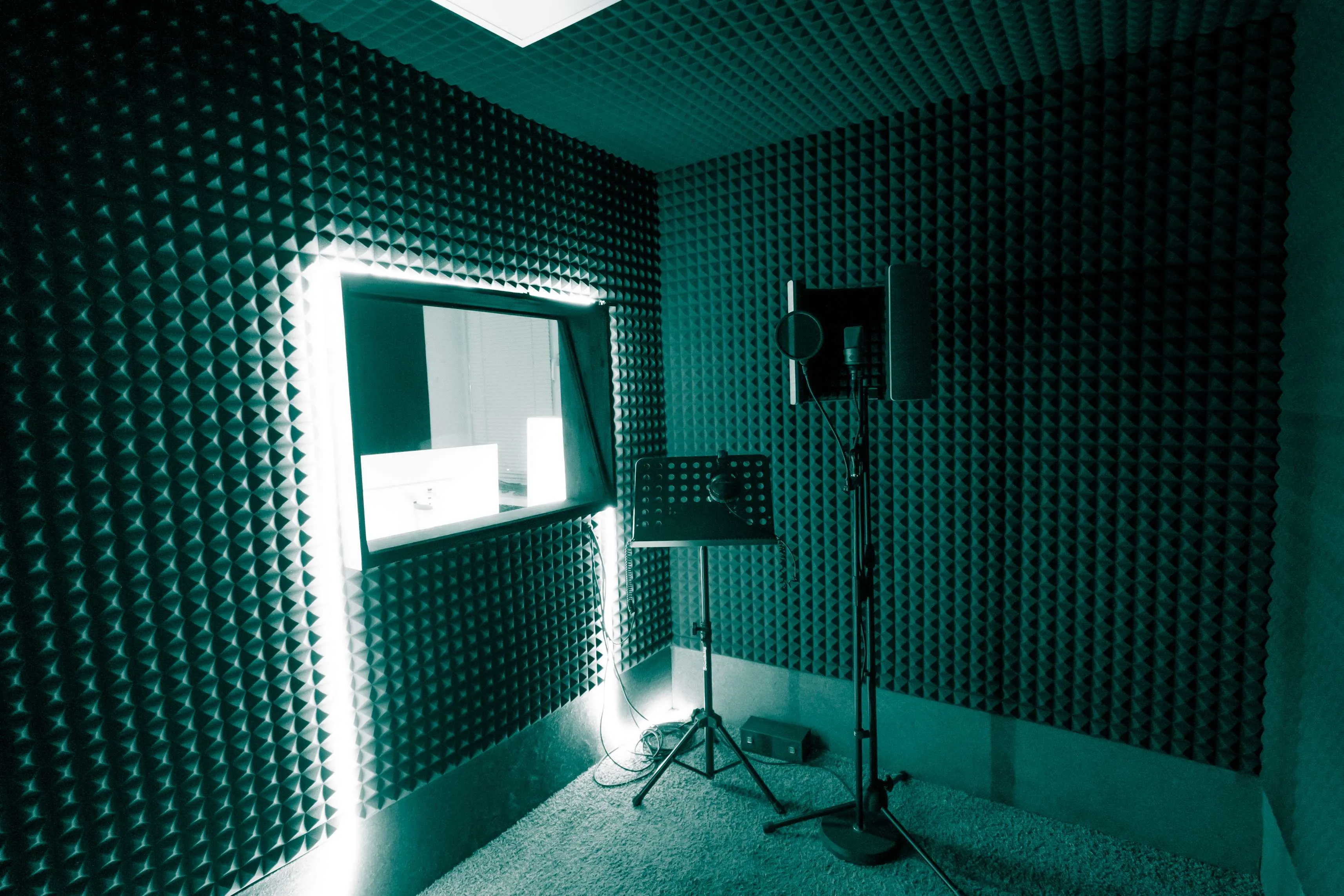
Deposition Room Soundproofing: Ensuring Privacy and Clarity in Legal Proceedings
In legal settings, confidentiality is critical. During a deposition, the integrity of the conversation must be preserved without risk of distraction, disruption, or unauthorized overhearing. That’s why deposition room soundproofing plays a vital role in creating professional, compliant environments where testimony can be given with confidence.
Soundproofing isn’t just about keeping sound in—it’s also about keeping noise out. For attorneys, witnesses, and court reporters alike, a properly treated room enhances clarity, improves focus, and ensures that recordings are accurate and admissible.
Why Soundproofing Matters in Depositions
Depositions require uninterrupted dialogue and accurate audio capture. Any external noise—footsteps in the hallway, HVAC hums, or outside conversations—can break concentration, impact the quality of the recording, or even interfere with legal admissibility.
Equally important is the need to keep sensitive discussions private. Without effective soundproofing, confidential legal conversations may leak into adjacent rooms or public areas, posing serious risks to privacy and compliance.
Deposition room soundproofing addresses both challenges by creating an acoustically isolated environment that protects what’s said inside the room while shielding it from outside noise.
Elements of an Effective Soundproofing Strategy
Soundproofing legal environments requires more than placing foam panels on the walls. It demands a layered approach that considers how sound travels through walls, ceilings, floors, and even HVAC ducts. A comprehensive soundproofing strategy may include:
-
Acoustic wall treatments that absorb and diffuse sound energy
-
Sound-isolated ceilings and flooring materials
-
Door and window seals that block airborne noise leaks
-
Decoupled wall construction to prevent sound vibration transfer
-
Integrated sound masking systems to cover residual ambient noise
When combined, these elements create a secure and quiet space where depositions can proceed without distraction or compromise.
Enhancing Audio Clarity with AV Integration
Soundproofing also complements AV systems used in depositions. Microphones and speakers function best in acoustically optimized rooms where echoes, reverb, and background noise are controlled. This improves both in-room communication and the quality of recorded testimony.
CTI’s deposition room soundproofing solutions are designed in tandem with their AV integrations, ensuring that the room’s architecture and technology work together. Whether upgrading an existing space or designing a new deposition suite, CTI provides expert recommendations tailored to legal environments. To learn more, visit CTI’s deposition room soundproofing page for full service details.
Their team evaluates everything from room dimensions to ambient noise levels to deliver precision-engineered solutions that support legal integrity.
Industry Insights on Acoustic Security
The legal sector’s growing focus on acoustic privacy is mirrored in the AV industry. In a recent AVNation article on sound isolation in mission-critical spaces, experts discussed the importance of acoustic containment and sound masking in settings where confidentiality is paramount. Legal deposition rooms are among the spaces highlighted, emphasizing that soundproofing is no longer an afterthought—it’s a core requirement.
This shift in perspective reflects the increasing demands placed on legal environments to balance both privacy and performance in every interaction.
Creating a Comfortable, Professional Space
Beyond its technical benefits, effective soundproofing enhances the overall experience of those involved in the deposition process. Witnesses feel more at ease knowing their words are private. Attorneys can concentrate without background distractions. And court reporters can capture every word with clarity.
A well-treated room projects professionalism and ensures that every participant can focus on the matter at hand. In high-stakes legal work, that level of concentration can make all the difference.
Preparing for the Future of Legal AV Design
As depositions continue to evolve—with more remote participants, digital evidence, and hybrid setups—the importance of foundational infrastructure like soundproofing will only grow. Legal teams investing in acoustically secure rooms now are better positioned to meet future demands, whether through advanced AV systems, AI-driven transcription tools, or secure digital archiving.
To explore how CTI helps create secure, sound-isolated legal environments, contact their team today or visit CTI’s deposition room soundproofing page for a comprehensive look at their tailored solutions.
Talk to Us About Your Project
Too busy to chat right now?
Send us a message.

